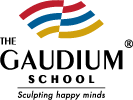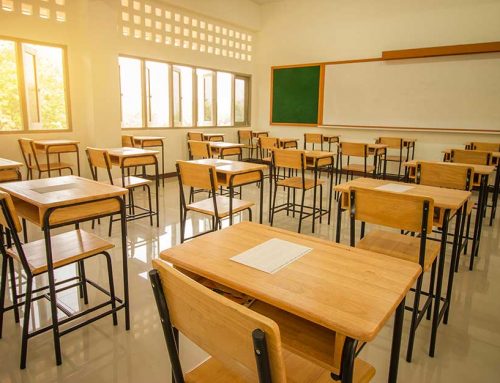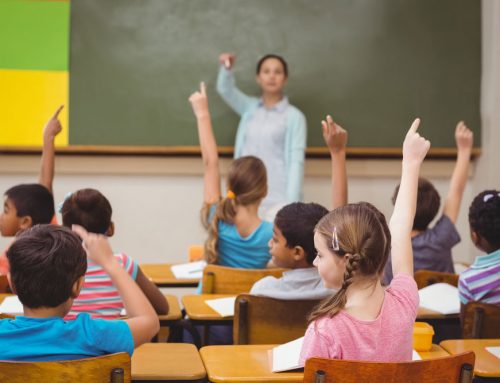Every school sets its unique culture on its vision, mission, and goals on its core values. Nonetheless, in today’s contemporary world, there is a larger emphasis on assessment and accountability standards and practices where faculty staff and administrators care to know what assessment results they produce and how these results relate to the development of institutional effectiveness focusing on learning outcomes for students, their parents and other stakeholders of the school community. The need of the hour is to provide a collaborative approach environment and that the decisions are based on facts, research, and analysis, where meticulous planning and effective implementation of curriculum program maximize the positive learning outcomes. Equally important, is to continuously reflect upon the improvement by the use of results analysis in the effectiveness of school functioning and of student learning as its primary goals.
For decades, we have been talking to build 21st-century skills in our learners and there has been a paradigm shift in pedagogical principles. The International Baccalaureate philosophy of education has developed and modeled challenging programs of international education and rigorous assessment. The National Education Policy 2020 has been developed more or less aligned with the 21st-century learning skills emphasizing on our indigenous knowledge systems. Let me elucidate a few pedagogical principles of IB on the approaches to teaching and learning. In order to achieve the learning outcomes, the teaching must inform the assessment methods by providing varied opportunities for learners to demonstrate their skills as per the set criteria of assessment objectives and grade descriptors. Although the final product is important, every student goes through the process meticulously in their learning journey. The process starts with that the teaching is based on inquiry to stimulate the learners to develop critical and creative thinking skills; focused on conceptual understanding to bring a bigger picture in problem-solving skills; learning content is developed in local and global contexts through research so as to make the learners transfer and apply skills in the real world under both familiar and unfamiliar circumstances; facilitated through teamwork and collaboration to demonstrate interpersonal and social skills, and differentiated with instructions to meet the purpose and need of all learners for their individual goals through self-management skills.
While the curriculum program mission is aligned with the school mission, the effectiveness lies in its implementation from the top in terms of leadership and resources and from the bottom in terms of shared understanding and commitment. The performance and accountability standards are well defined and evidences are gathered, analyzed, and reviewed for periodical reflection by the use of appropriate measurable instruments. The selection and design of valid and meaningful assessment tools play a crucial role for specified outcomes. It is mandatory to have multiple measures, both direct and indirect, to offset the insufficiencies of single assessment approaches. The measures have to be both qualitative in terms of portfolios, process journal extracts, surveys, and feedback inputs and quantitative in terms of performance, scores, and grades. The measures are specified under criteria with rubrics and grade descriptors to determine the levels of performance. Finally, the results are analyzed on strengths and weaknesses to continuously improve on the effectiveness of school functioning and of student learning outcomes.








Leave A Comment